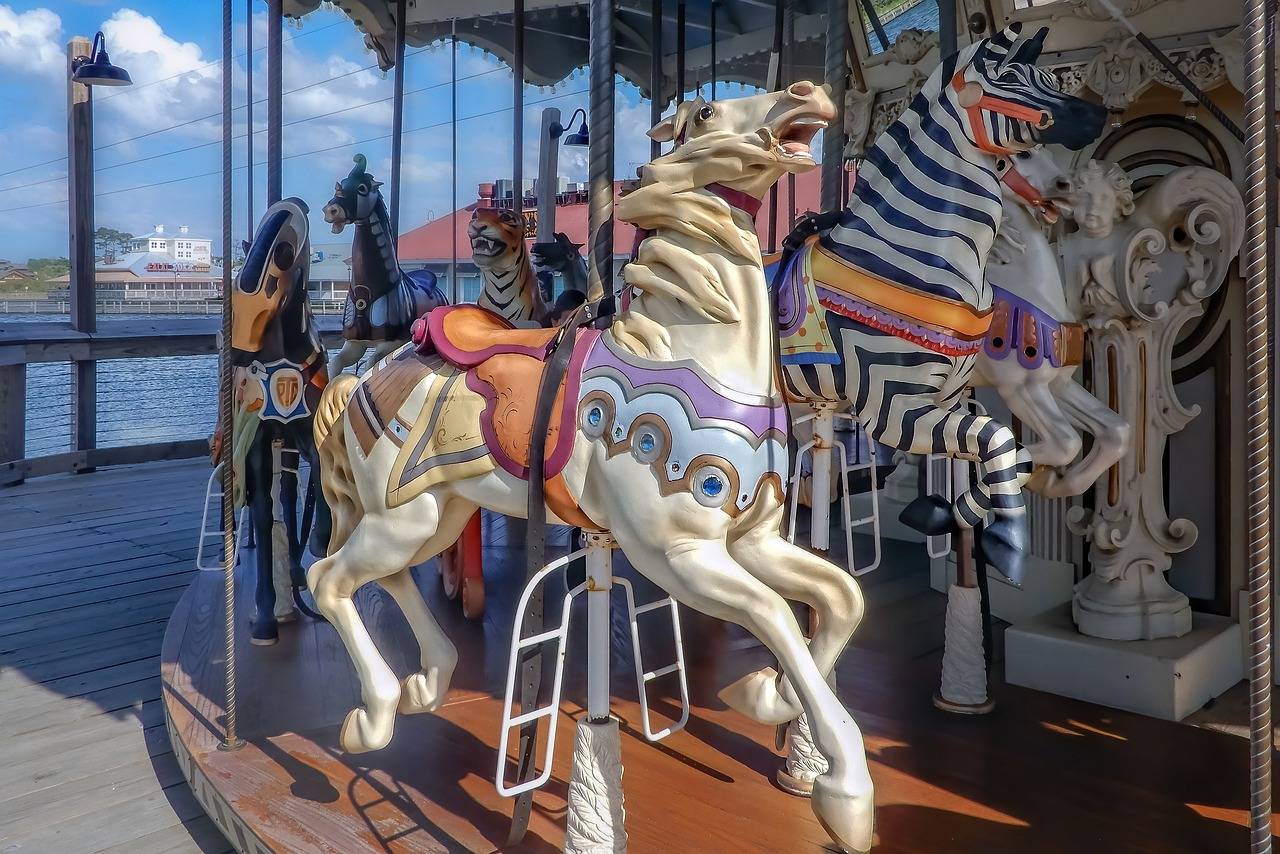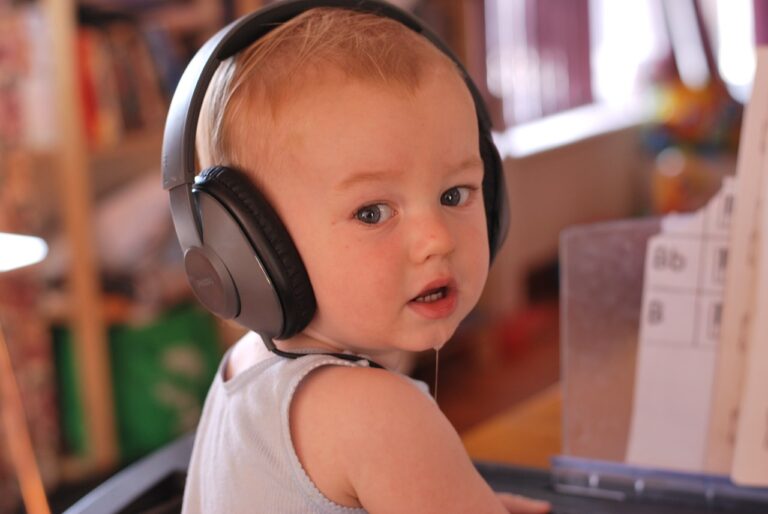The Role of Music in Cultural Rituals and Traditions: Ceremony, Celebration, and Commemoration
Music plays a pivotal role in cultural practices across diverse societies and communities worldwide. It serves as a powerful medium for expressing values, beliefs, and traditions that have been passed down through generations. Through music, individuals can convey emotions, stories, and histories that are integral to their cultural identity.
In many cultures, music is deeply intertwined with rituals, ceremonies, and celebrations, acting as a unifying force that brings people together. Whether it is through rhythmic drumming, melodic singing, or instrumental performances, music has the ability to foster a sense of solidarity and cohesion among community members. Additionally, music often serves as a form of cultural expression that can transcend language barriers, allowing individuals to connect and communicate on a deeper level.
The Use of Music in Traditional Ceremonies
Music plays a central role in traditional ceremonies across cultures around the world. It is used to set the tone, create ambiance, and evoke emotions that are essential to the significance of the ceremony. From weddings to funerals, music not only adds depth to the rituals but also helps in expressing cultural values and beliefs.
In many traditional ceremonies, specific musical instruments are used to enhance the ceremonial experience. Drums, flutes, and string instruments are commonly employed to create a rhythmic and melodic backdrop that complements the ceremonial actions. The use of these instruments often symbolizes the traditions and history of a culture, connecting participants to their roots and creating a sense of unity and belonging.
Music’s Role in Celebrating Cultural Heritage
Music plays a vital role in celebrating cultural heritage across the globe. From traditional songs passed down through generations to modern compositions infused with cultural influences, music serves as a powerful medium for expressing and preserving a community’s traditions and values. Through melodies, rhythms, and lyrics, the essence of a culture is brought to life, allowing people to connect with their roots and celebrate the richness of their heritage.
In many societies, music is intricately woven into various ceremonies and rituals that mark significant milestones or commemorate historical events. Whether it’s a wedding procession, a harvest festival, or a religious ceremony, music is employed to evoke the spirit of the occasion and unite participants in a shared cultural experience. The melodies and instruments used in these celebrations often carry deep symbolic meanings, reflecting the unique identity and history of the community.
• Music serves as a powerful medium for expressing and preserving cultural traditions
• Melodies, rhythms, and lyrics bring the essence of a culture to life
• Allows people to connect with their roots and celebrate their heritage
• In many societies, music is intricately woven into ceremonies and rituals
• Used to evoke the spirit of occasions and unite participants in shared experiences
• Instruments used often carry deep symbolic meanings reflecting unique identity
Why is music important in cultural practices?
Music plays a vital role in expressing and preserving cultural identity, traditions, and values. It helps to strengthen connections within a community and pass down stories from generation to generation.
How is music used in traditional ceremonies?
Music is often used in traditional ceremonies to evoke certain emotions, set the mood, and create a sense of unity among participants. It can also be used to honor ancestors, gods, or spirits, and to mark important milestones in the community.
How does music contribute to celebrating cultural heritage?
Music serves as a powerful tool for celebrating cultural heritage by showcasing unique musical styles, instruments, and dances that are specific to a particular culture. It helps to highlight the beauty and diversity of different traditions and fosters a sense of pride and appreciation for one’s heritage.






